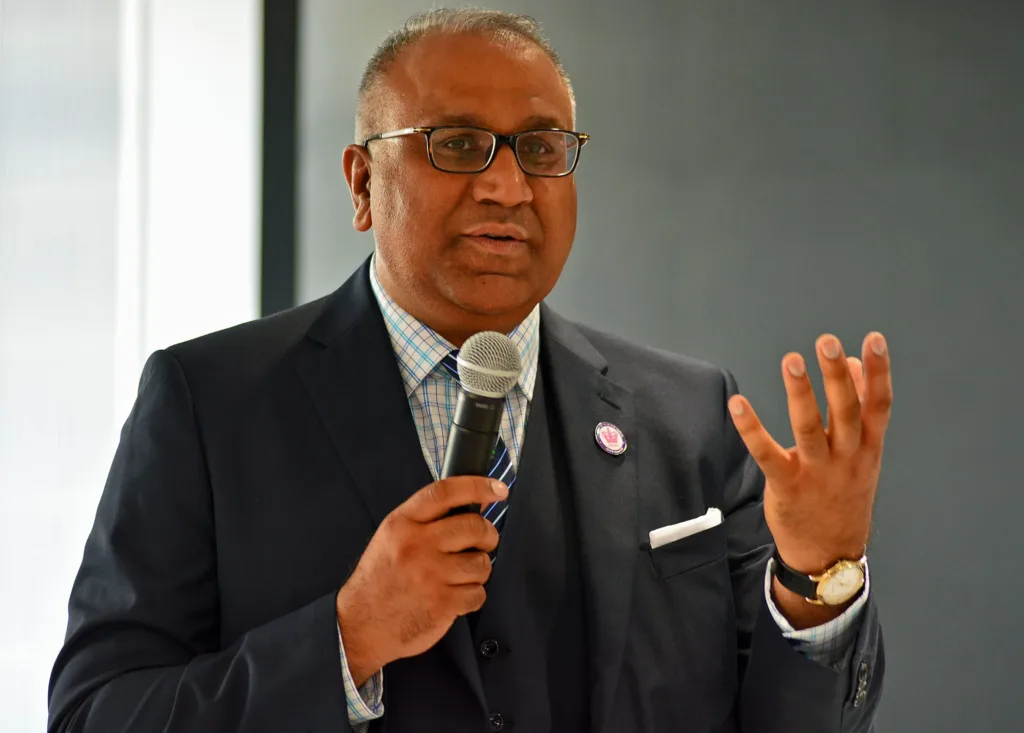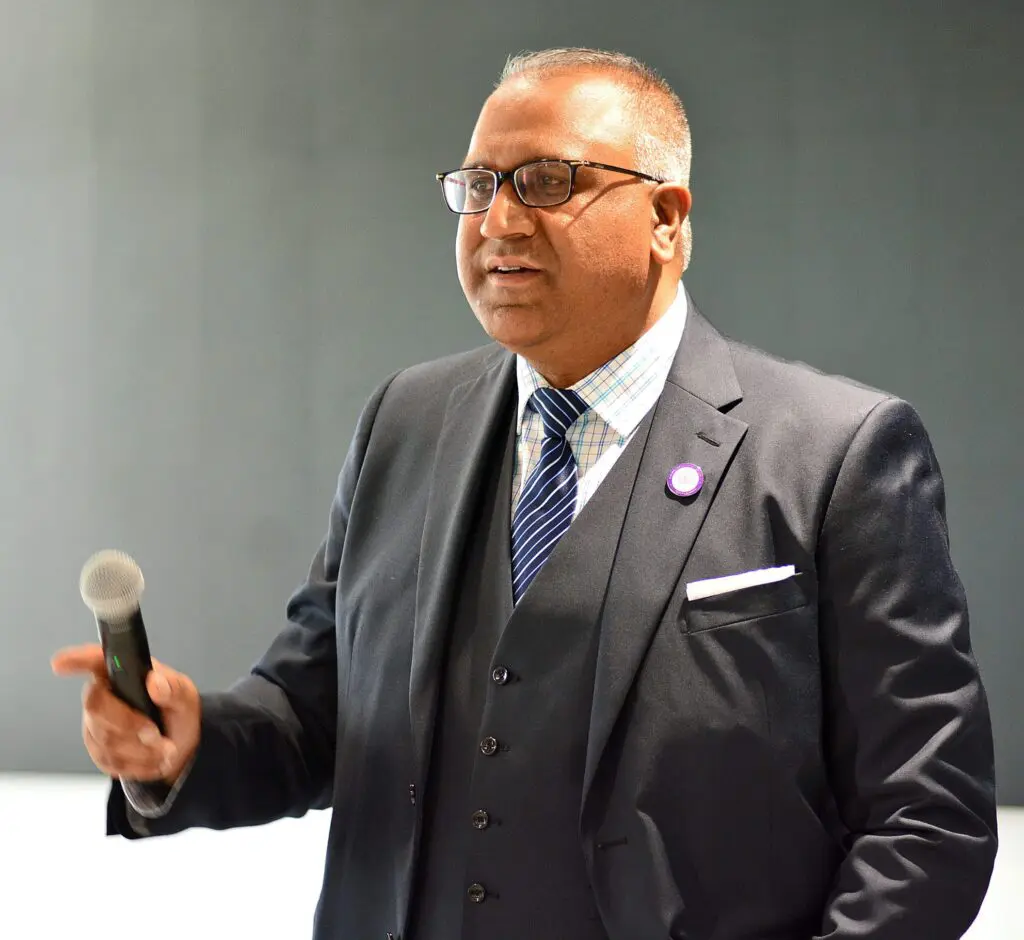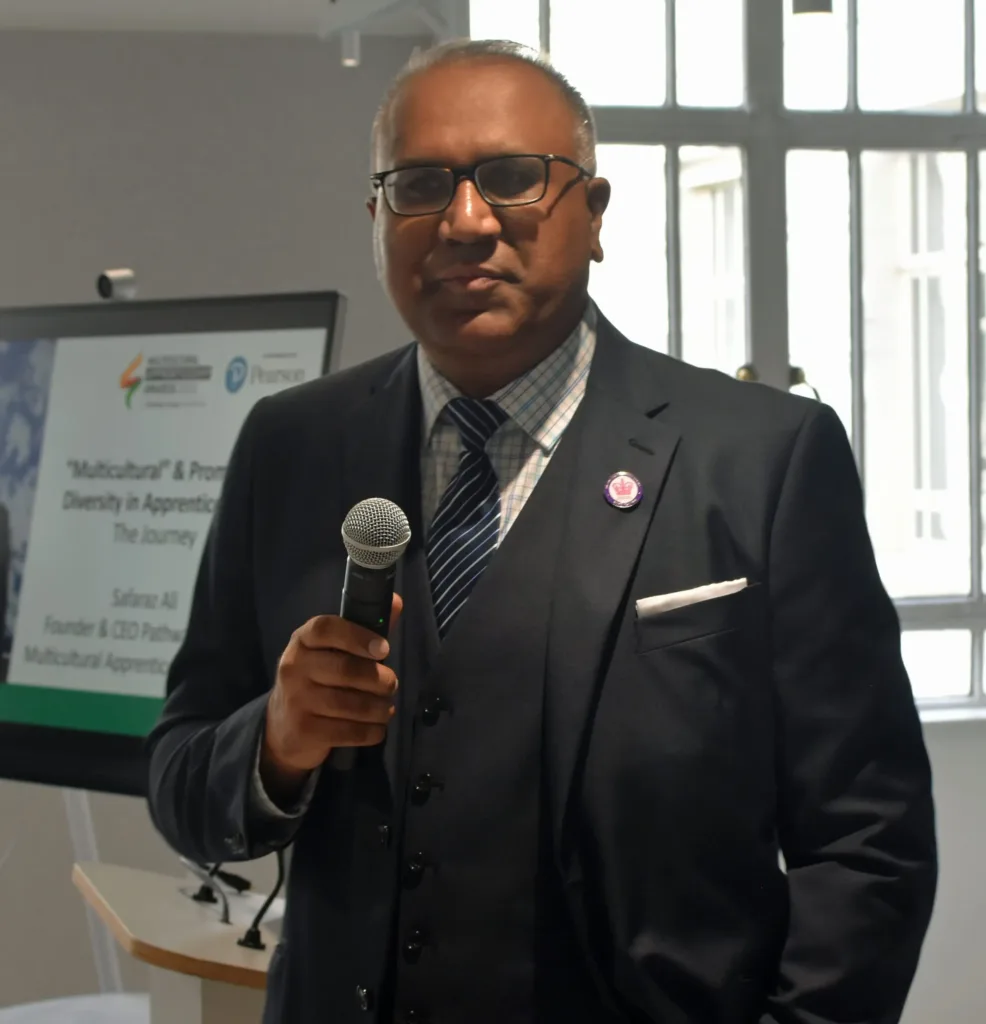Without an understanding of at least basic maths, how can people manage their family budget, make sure that they are not being cheated at the shops or help their children with homework?
Target learners are adults aged 19 or over who have not previously attained a GCSE Grade 4/C or higher maths qualification.
They can either be working towards a maths GCSE or Functional Skills Qualification, need specific numeracy skills for their work or progression or want to brush up on the skills to help them get on in life and work.
At Pathway Group, we understand that people who do not have a decent level of ability in mathematics and English are severely disadvantaged.
The fact that Multiply is aimed at adults is in line with our belief that at every age, people have the opportunity to pick up new skills that they might not have learned and embrace true lifelong learning.
Pathway Group believes that our links with businesses, communities and networks leave us well placed to help to deliver Multiply.
Specifically, we have ambitions to provide courses that help people to manage their money, that work with employers and provide people with the skills with numbers that improve their chances of getting jobs.
We would look to offer training that enables people to support their children in their learning.
People aged 19 or over that have recently left the care system are also an important target, as are prisoners or those recently released or on licence.
Offenders and former offenders are entitled to a second chance and helping give them skills that improve their chances of getting work, is probably the best way of keeping them away from reoffending.




